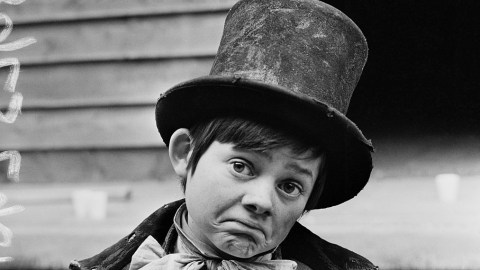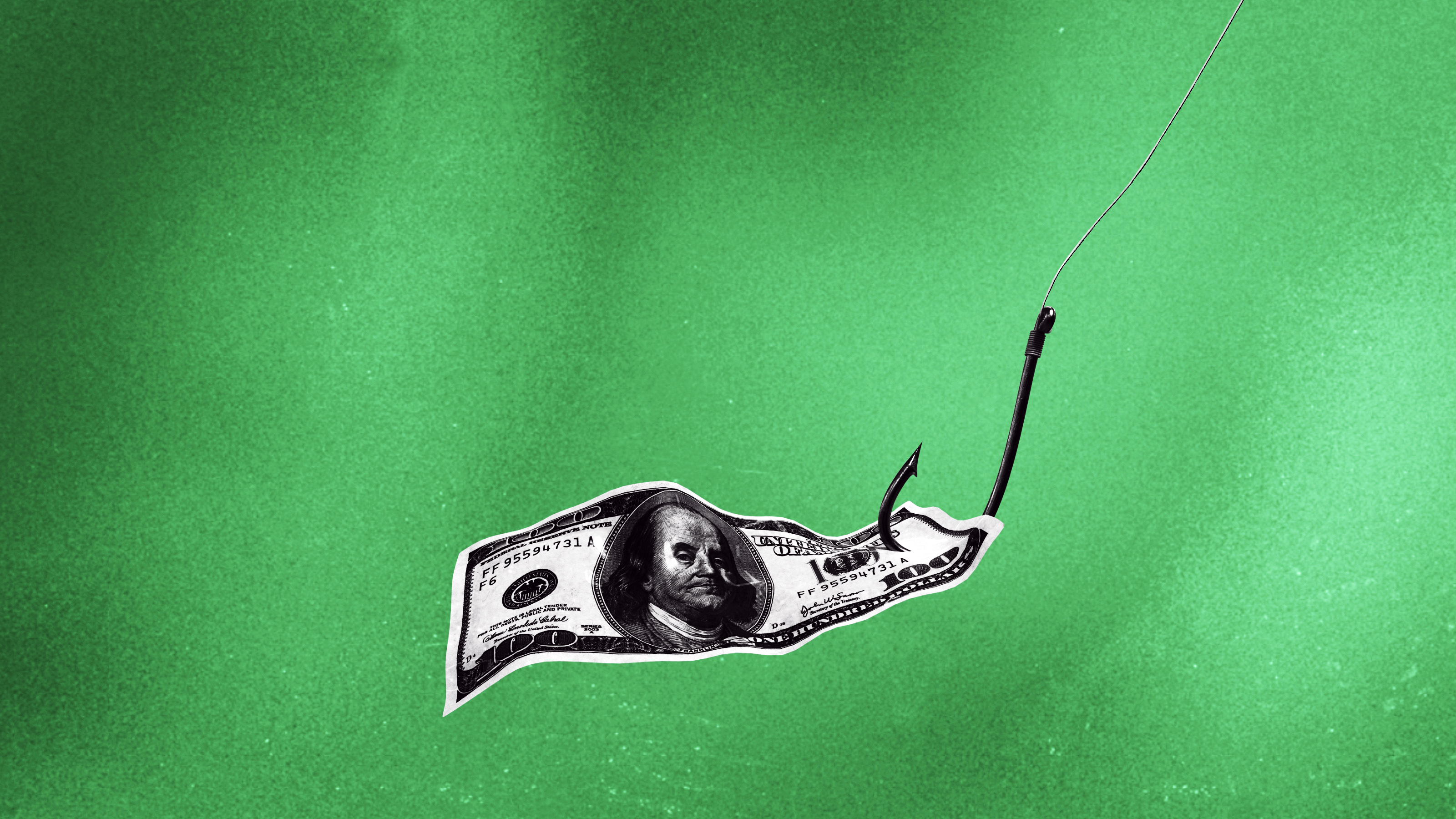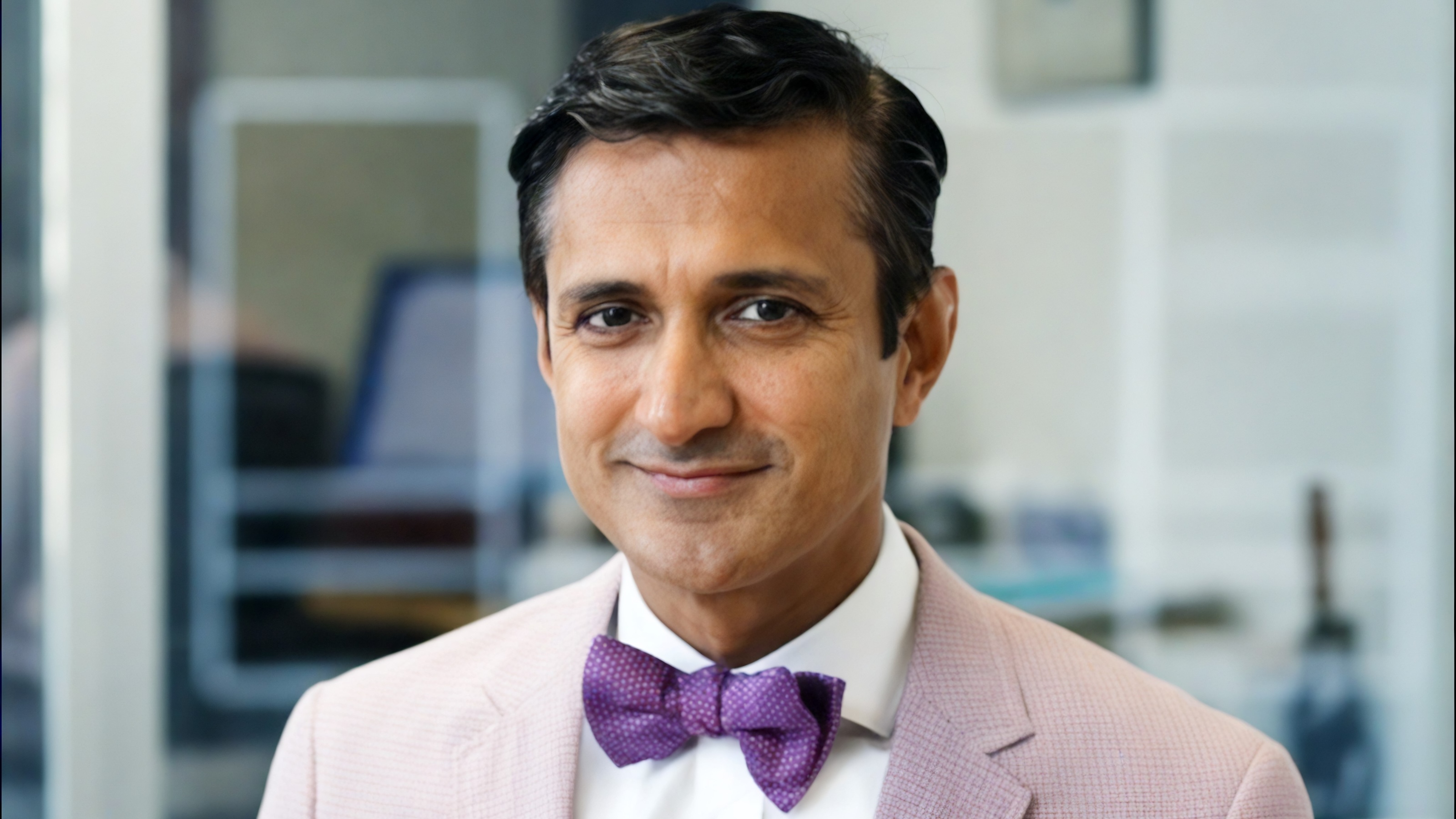Americans Tend to See Life as Fundamentally Fair, and That’s a Problem

The American Dream — the idea that anybody can make it in this land, if he or she just works hard enough — is, by some accounts, dead. But it’s very much alive in the minds of the American people. So the American Dream does in fact live on, even if many Americans say it’s becoming harder to reach. As the late Casey Kasem used to say, “Keep your feet on the ground and keep reaching for the stars.”
But why do so many Americans cling to a goal that seems light-years away? It’s not because they’re stupid. With a half-decade of sustained reminders in the media, Americans are wise to the facts about burgeoning income and wealth inequality. And they aren’t happy with these numbers: polls show Americans would prefer the gap to narrow.
If you need a refresher, here is how the Center on Budget and Policy Priorities depicts the stark picture. Note that wealth inequality (how much money people have, the lower chart) is even more pronounced than income inequality (how much people earn in a year, the upper chart):
You are reading the charts correctly: The richest 3 percent of Americans control over half of the nation’s wealth, while the bottom 90 percent have only a quarter of the pie. Why do these facts seem tolerable? Why aren’t the streets full of rioting protestors? Why are the workers of the country not rising up in anger against a plutocratic society they have hardly any chance of joining?
Writing in the current issue of the Boston Review, Claude Fischer puts “a cultural explanation”on the table. Americans believe that people are, by and large, where they ought to be, given how hard they work. People like Donald Trump deserve their fortunes, because they worked for it. Folks who are destitute deserve their penury, because they’re lazy. And poor people on the public dole aren’t necessarily entitled to the government’s help. Here’s how Fischer describes the idea:
[T]wo Danish scholars conducted a survey experiment in 2013 to ascertain whether Americans really do think of welfare recipients as undeserving, and if so, under what circumstances. In one scenario, they told samples of Danes and Americans to “imagine a man who is currently on social welfare” and asked whether “eligibility requirements … should be tightened for people like him.” Americans were more likely than Danes to say yes, tighten up. In the other scenarios, researchers told respondents either that the man was unemployed by accident and eager to get back to work or that he was fit, but not much interested in a job. American and Danish respondents were equally likely to support tightening restrictions (about 35 percent of the time for the eager man and about 75 percent for the lazy one). Putting the results of the two scenarios together shows that Americans are likelier than Danes to assume that a generic male welfare recipient is lazy rather than unlucky. The researchers also asked respondents to free-associate words that come to mind when thinking of people on welfare. The Americans more commonly offered up words that implied laziness and less often words that implied bad luck.
Americans tend to believe that people on welfare need close scrutiny and might be undeserving of the aid, while they are more solicitous of people who have been victims of bad luck. But this implies that Americans are likely to believe that people on welfare are not victims of bad luck. They’re on the bottom because they wound up there by their own (lack of) ingenuity and effort. The world is, fundamentally and enduringly, a place that gives you just what you have coming to you. As Fischer puts it, this is evidence of “a broader cultural perspective that also seems particularly American: viewing the world as fair.”
It’s a rather sunny view of things. But the optimistic ontology has less-than-sunny implications for public policy and could hamper efforts to close the unsustainable economic chasm that puts so much distance between rich America and poor America. The rest of the world may have a more jaundiced view of reality, but tending to see a person’s plight as the result of bad fortune rather than as an indication of bad character makes for a society that is more humane — and less likely to blame the victim.
Image credit: Shutterstock
Follow Steven Mazie on Twitter:@stevenmazie




